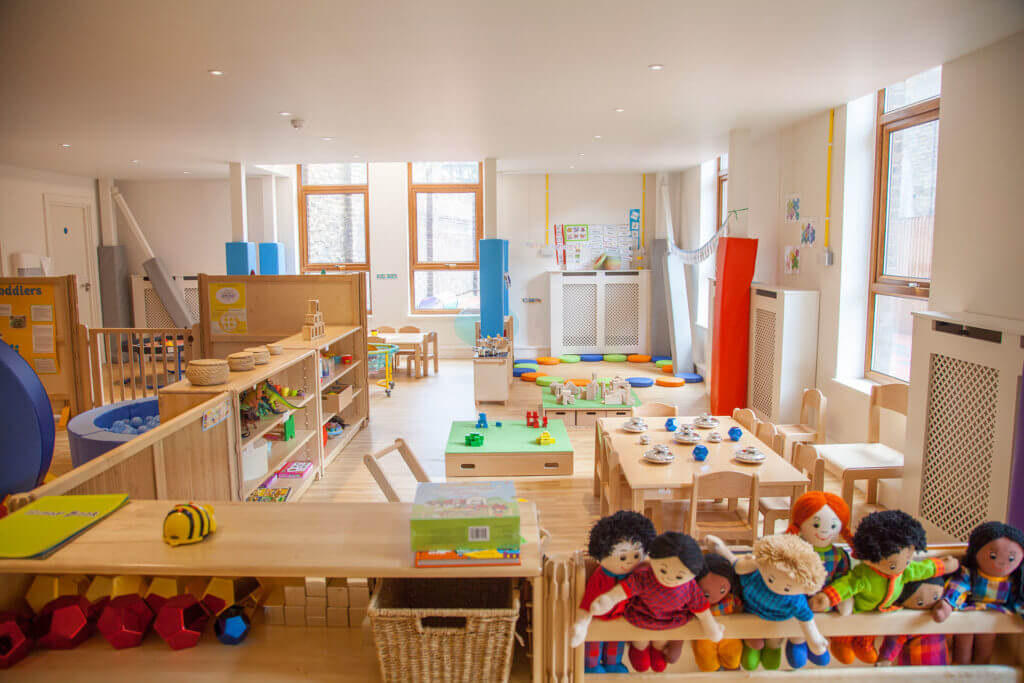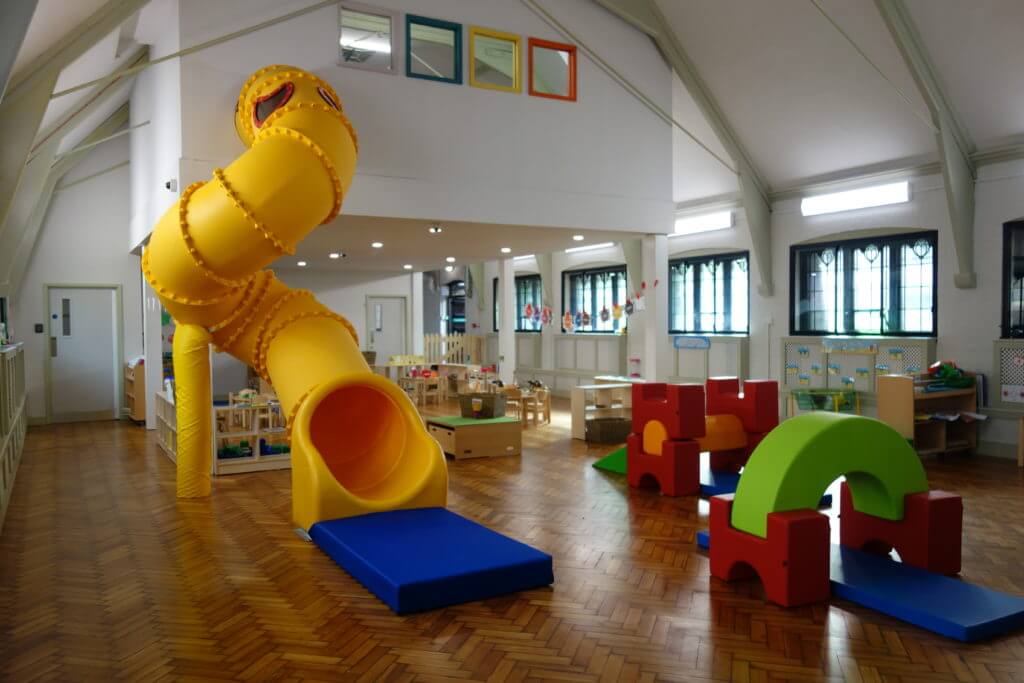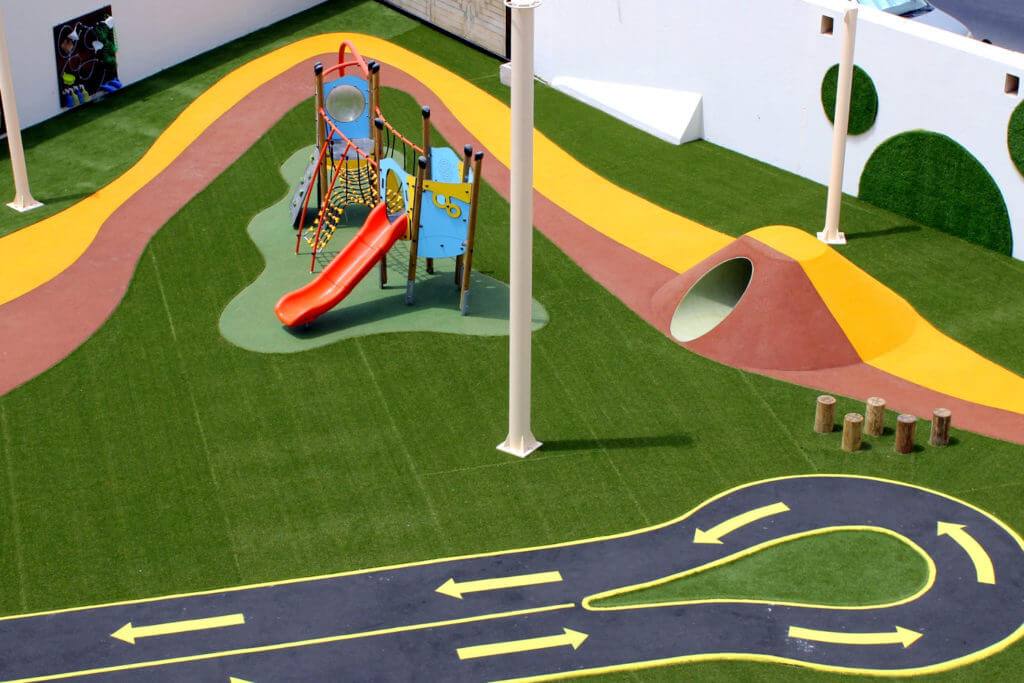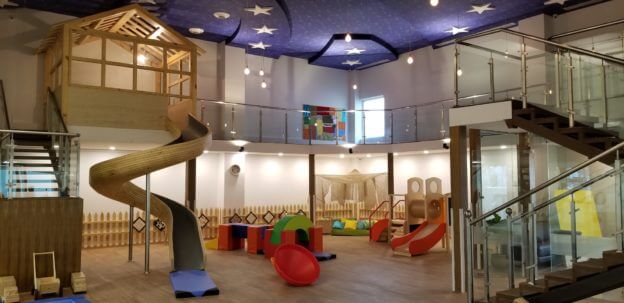Montessori-style environment with global presence to offer full-day program this spring
By LESLEE BASSMAN, Four Points News
Good news is on its way for Four Points parents in the form of a global preschool that’s slated to open in April at 10625 Bonaventure Drive, Austin.
With CEO Deepanshu Pandita at the helm, the Kido International School has been described as a “21st Century take on Montessori” despite the education style being about 120 years old,” Pandita said. The program allows students to learn at their own pace and the school prides itself on the “level of customization” it provides to each child, he said.
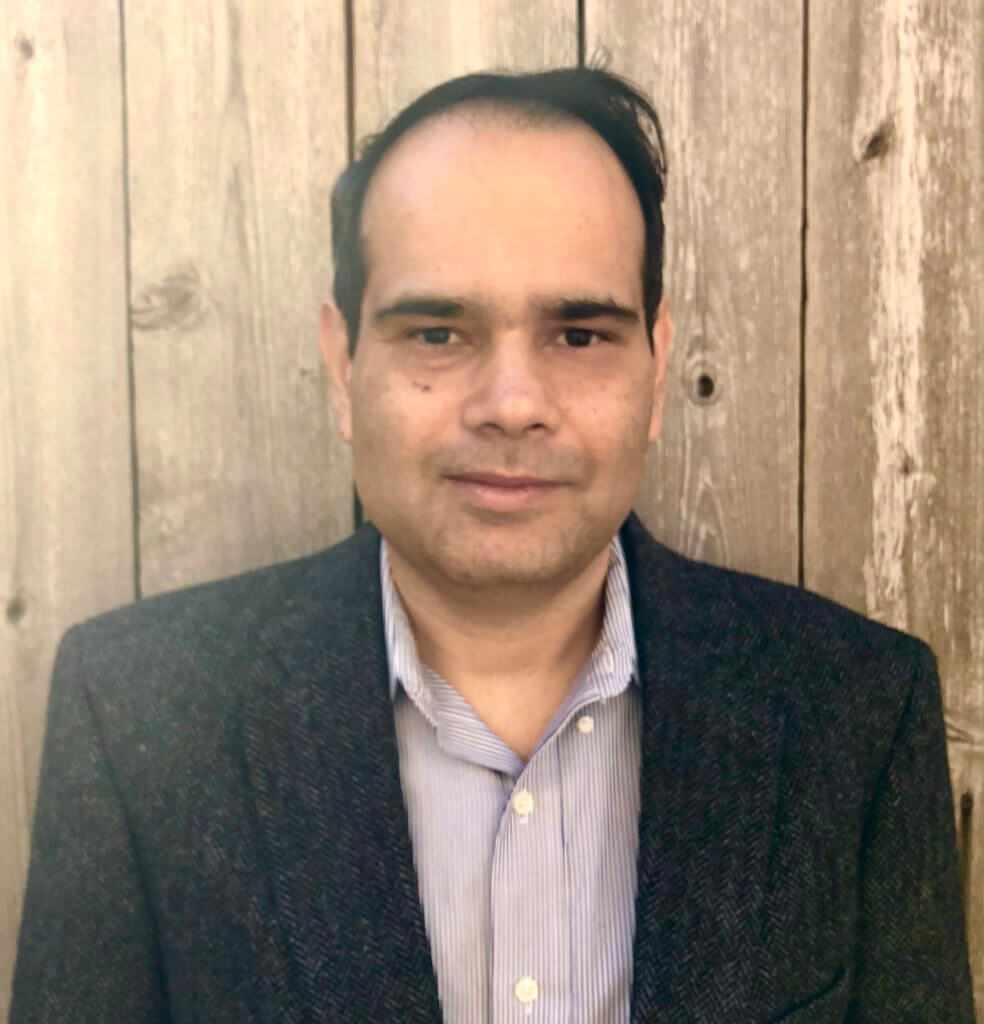
Once opened, the local program will be Kido’s 25th school and is set to follow the March opening of its first U.S. facility in Houston’s Rice Village, where Pandita is based.
“While we respect the Montessori philosophy, the devil is in the details as to how a school actually implements it,” he said. “There’s a lot of technology-related infrastructure and ecosystem that has gone into our execution of (the program) which we feel sets us apart quite a bit.”
Pandita acknowledged that variations of the Montessori program do exist.
“What we call some of our core Kido early years program(ming) is actually a blend of 30 different pedagogies around the world which have withstood the test of time,” he said. “Where we put our own special touch on it is through project-based learning,”
Project-based learning encompasses the idea that at every age, we engage in a series of projects—including infants who engage in a five-second project or toddlers who engage in a five-minute project, he said. As we age, he said our lives include a never-ending path of projects.
“To fulfill the full potential of a child, what you are really educating them to be is a very good project manager,” Pandita said. “You’re giving them the skills to ask the right questions to accomplish whatever it is that they are setting out to accomplish.”
This method results in a child considering their house of learning as “their happy place to be,” he said.
“We really detail out our lesson plans in a way and train our teachers such that a child sticks with a certain project over time and the same themes keep reappearing,” Pandita said of the program’s curriculum development.
The first Kido preschool began in early 2014 in Hong Kong before its executive team opened academies in Malaysia, India, Dubai and London, he said. Seeking to expand in the U.S., Kido staffers researched where the program would best fit in, Pandita said. With its young families, progressive approach to education, multicultural vibe, cosmopolitan culture and technology presence, Austin ranked high on the list of possible sites, he said.
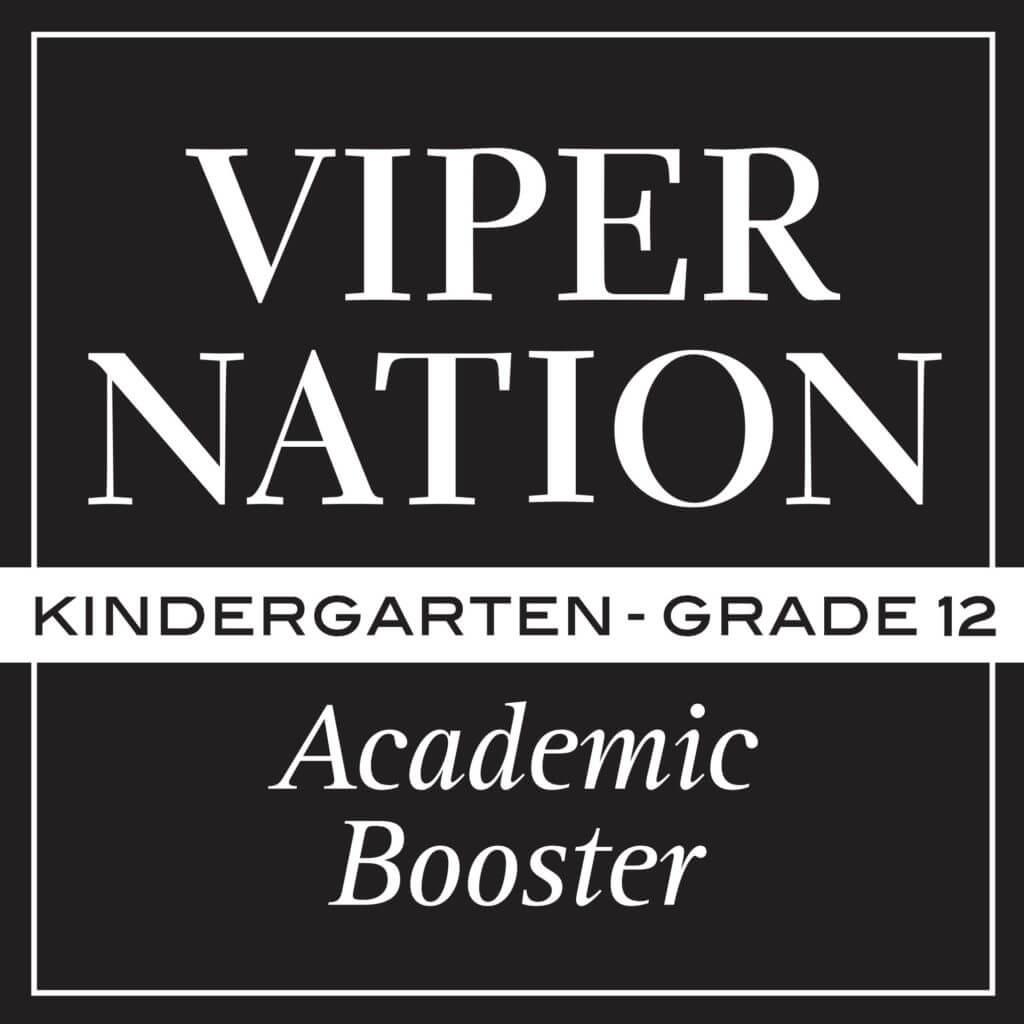
“Austin checked a lot of those boxes for us,” Pandita said. “So we knew from Day One, we wanted to be in Austin.”
However, deciding on the River Place community was a little less apparent. By renovating the former Children’s Courtyard Center facility, Pandita said the property would meet the program’s needs of showcasing what it does best—global learning—and also offer “an amazing outdoor space” for treks and hikes.
At capacity, he said the program will accommodate around 180-200 children. The school will apply for its license in March and initially expects enrolling about 40-50 children, hiring about eight to 10 staff members, Pandita said. Globally, in Kido schools of a similar size, he said the ratio of students to staff is about 10 to one.
The River Place preschool will accept children ages six weeks to five years old and plans to operate from 6:30 a.m. to 6:30 p.m., with its core curriculum offered from 8 a.m. to 5 p.m. After-school care for older children will be available at some point after the program is up and running, Pandita said.
